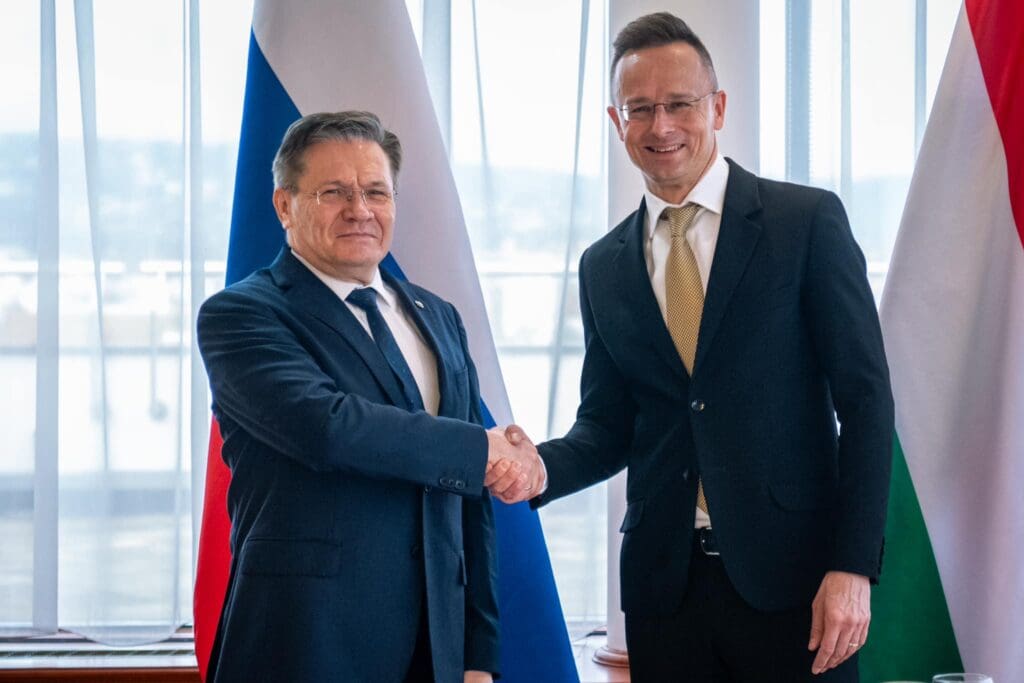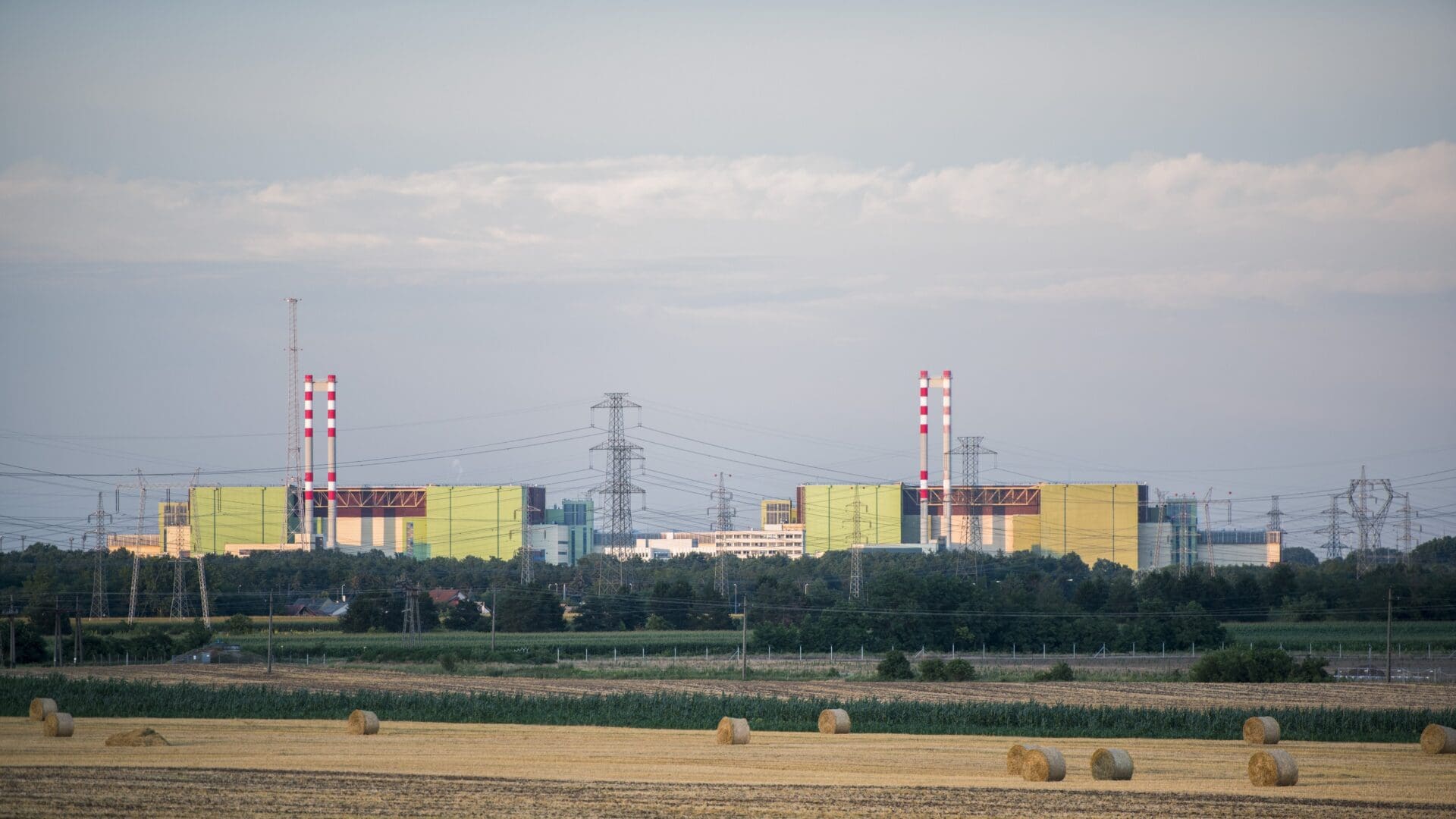The construction works for the expansion of the Paks nuclear power plant are progressing well, with the first concrete expected to be poured into the ground by the end of the year. Equally crucial milestones are the construction of the containment structure and the reactor vessel, of which the former has been completed, while the manufacturing of the latter is set to commence shortly, Minister of Foreign Affairs and Trade Péter Szijjártó announced on Tuesday in Budapest.
During a joint press conference with Alexey Likhachev, the CEO of Russian state atomic energy corporation Rosatom the minister reported that according to the current schedule,
they expect to reach the highly significant milestone of the ‘first concrete’ by the end of this year.
Similarly critical is the production of the two major nuclear components, namely the containment structure known as the ‘melt trap,’ and the reactor vessel. Szijjártó welcomed the completion of the former’s manufacturing in Russia, noting that its delivery is scheduled for autumn, which will be no small feat considering its weight, exceeding 700 tons, roughly equivalent to fifteen Airbus A320 passenger aircrafts. The manufacturing of the other critical component, the reactor vessel, is set to commence in April. ‘So, concerning these two critical components, one is completed, and the manufacturing of the other is starting now,’ the minister stated.

Szijjártó also mentioned that currently soil stabilization works are underway on a 17-hectare area, requiring the drilling of 75,000 piles, of which eight thousand have already been completed. He noted that this work is being carried out by a German company and is expected to be completed by the summer of next year. ‘There will be approximately one and a half million metres of boreholes in the ground. Now, if this work were happening not on Earth but on a planet called Pluto, with this many boreholes, we could reach from the surface to its core, just to give you a sense of scale,’ he remarked.
Szijjártó then highlighted that the recent European and global crises have clearly demonstrated
that countries are secure when they can meet their energy needs independently.
‘Therefore, to enhance Hungary’s energy security, it is necessary to increase our own energy production capacity,’ he opined. He pointed out that due to Hungary’s geographical and natural characteristics, this primarily involves the development of nuclear energy production capacities, thus ensuring a significant portion of the country’s electricity needs cheaply, safely, and sustainably through the expansion of the Paks plant.
He emphasized that the Paks expansion is a genuine international project, as alongside the Russian main contractor, German, French, Austrian, Swedish, and American actors are also involved in the subcontractor chain. ‘The construction works at the Paks site for the nuclear power plant’s expansion are continuously progressing, with no obstacles to reaching the ‘first concrete’ by the end of this year, and no obstacles to connecting the two new blocks to the Hungarian energy supply grid at the beginning of the next decade,’ he concluded.
Related articles:
Sources: Hungarian Conservative/KKM/MTI








